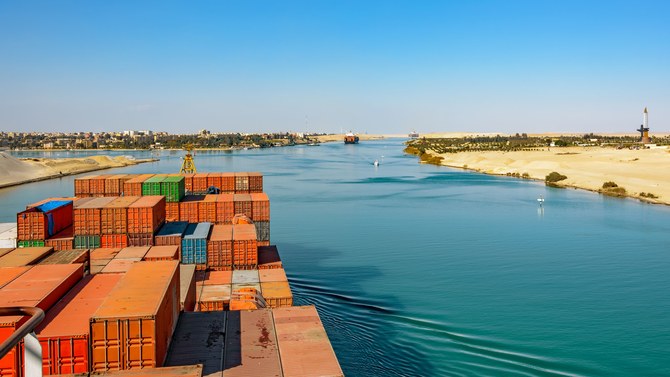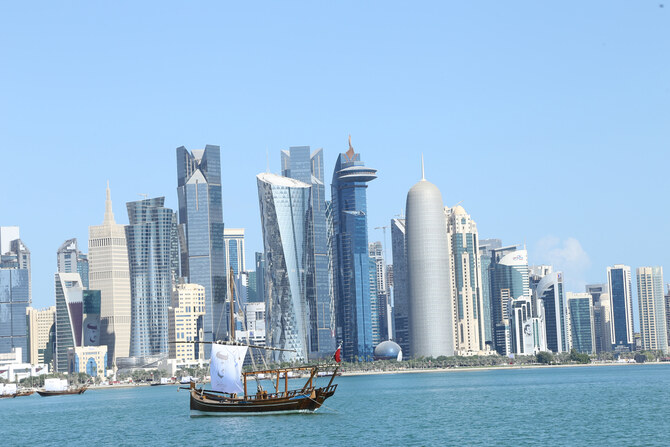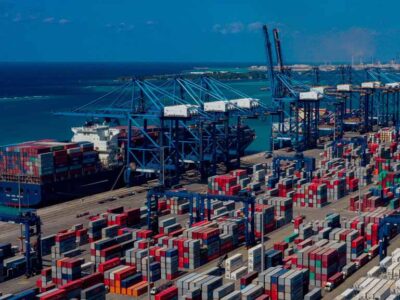In the most recent fiscal year, the Suez Canal’s yearly revenue decreased by over 25% as some merchants chose to use other routes to avoid Houthi attacks in the Red Sea, which are supported by Iran.
The president of the Egyptian Canal Authority, Osama Rabie, announced on Thursday that the company’s revenue for the 2023–24 fiscal year dropped to $7.2 billion from $9.4 billion in the previous year.
The Houthis have been assaulting commercial ships in the Indian and Red Seas since November in an effort to aid Hamas, the militant Palestinian organization, in its conflict with Israel.
According to Rabie, there were 20,148 ships utilizing the canal in 2023–2024 as opposed to 25,911 the previous year.
Egypt depends heavily on the Suez Canal for its foreign exchange, and in recent years, the government has attempted to increase its income, notably with an extension in 2015.
With the canal transporting a significant amount of goods like gas and oil, it is essential to international trade. Egypt’s income depends on the tolls and services provided by the canal, which also support jobs, infrastructure, and economic stability.
The quickest maritime route between Europe and Asia is the Suez Canal, which is used by 15% of all ships worldwide.
The Suez Canal Economic Zone obtained 144 projects totaling $3.2 billion between July 2023 and April 2024, down from $4.9 billion recorded between July 2022 and May 2023, according to a May announcement from the Egyptian Cabinet.
Also Read:
Saudi Aramco has Finished Issuing $6 Billion Worth of Foreign Bonds



































